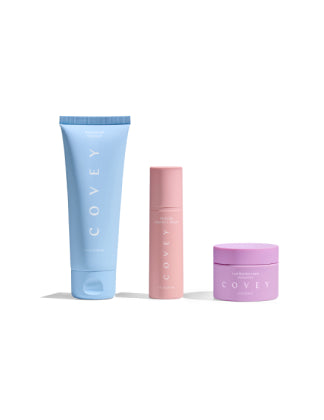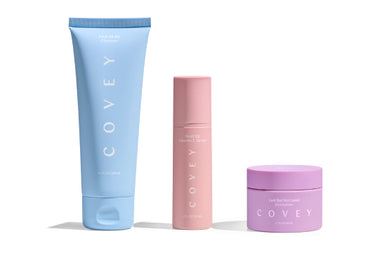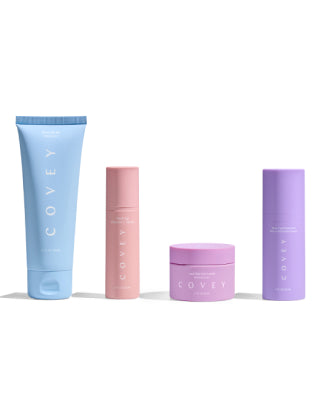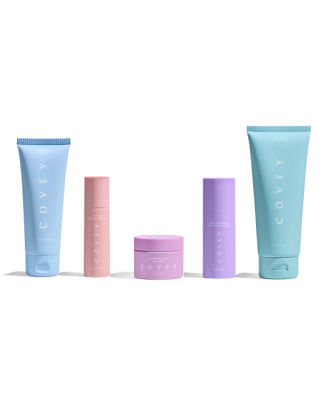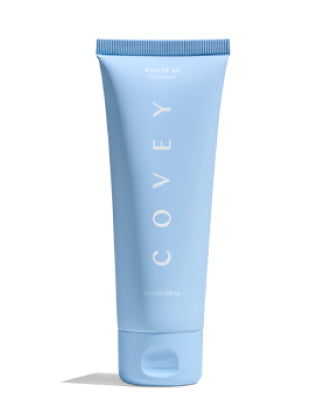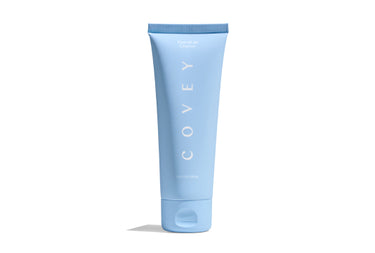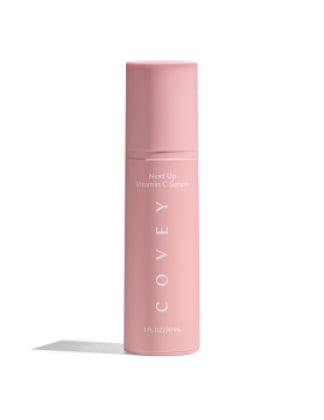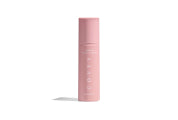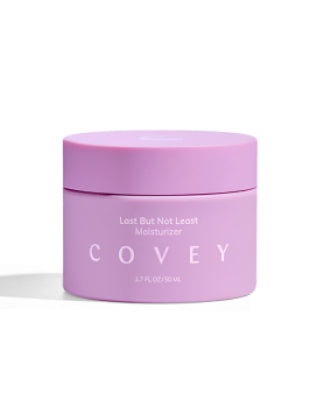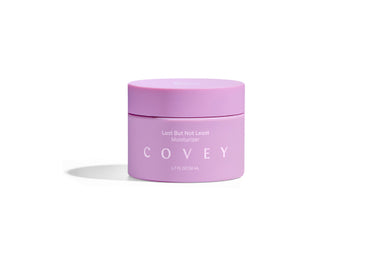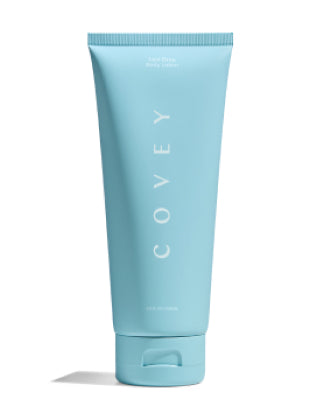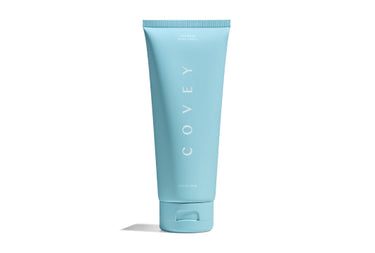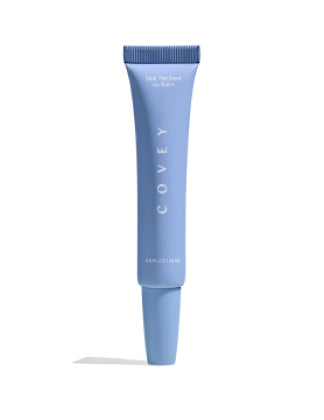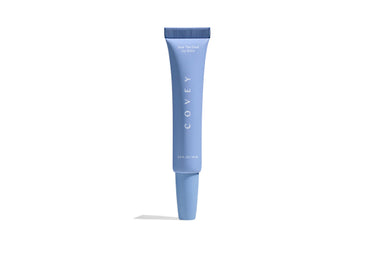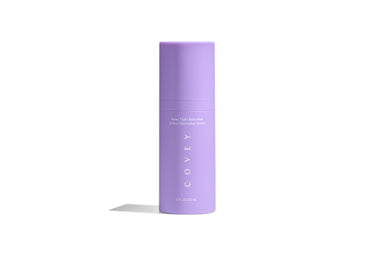
Is an Eye Cream Necessary?
Oh, eye cream. Divisive, confusing, and one of the most costly items in a skincare routine, eye cream isn’t a one-size-fits-all skincare product.
So we decided to get to the bottom of it: is eye cream really necessary? Does eye cream work? We sat down with Dr. Julie Russak, an American Academy of Dermatology-certified MD and founder of Russak Dermatology Clinic to get the skinny on all things eye cream.
Intro to the eye area
Before we dive into uses and ingredients in eye cream, it’s important to remember that the skin around the eye is not the same as other areas of the body.
It’s delicate and thinner, making it more prone to aging and wrinkles. This also means the skin around the eye is generally more sensitive, and produces less oil while retaining more fluid (hello, puffiness).
What does an eye cream do, anyway?
By design, eye creams are meant to moisturize the delicate skin around the eye. If a facial cream is too heavy or too light, it can cause irritation in that area.
If you find that you’re struggling with dry or crepe-like skin around the eye, an eye cream might be helpful for you. But, if your daily moisturizer doesn’t cause irritation when applied around the eye area, you might not need a dedicated eye cream.
If I do want an eye cream, what should I look for?
Eye creams are great for specialized skin concerns around the sensitive eye area.
Their formulas can contain traces of active ingredients that work as preventative medicine against wrinkles and dark spots.
If you do want to add an eye cream to your routine, specialized ingredients are everything. When you shop, look for ingredients like:
- Peptides for skin firming
- Niacinamide for brightness
- Caffeine to decrease under-eye swelling
- Glycerin and hyaluronic acid keep skin hydrated & prevent water loss
Eye cream FAQs ft. dermatologist Dr. Julie Russak
There’s so much info swirling around about the necessity of eye cream and what eye creams can do, plus a healthy dash of misinformation and decades worth of misconceptions. So, we sat down with a certified derm — New York based dermatologist Dr. Julie Russak — to debunk 3 of eye cream’s biggest myths.
Covey: Can eye cream really target and reduce under eye circles?
Dr. Russak: “Eye cream can’t actually reduce undereye bags. Bags are usually due to the herniation of fat pads, and there is no eye cream that is really going to reduce that.”
Covey: Can you use retinoids under the eye, and should you?
Dr. Russak: “Yes, but it depends on the strength and penetration of the retinoid. Strong retinoids can over-dry and irritate the thin eye skin.”
Covey: What age do you recommend people start using an eye cream?
Dr. Russak: “It really depends on the patient's genetic and ethnic background more so than just age. When patients are older and require heavier moisturizer for the face, that won’t be appropriate for the thin eye skin, it can actually pull the eye skin down and thin it out. When someone is young and the skin thinness is not quite a concern, then absolutely using a nice overall moisturizer like Covey is an easy way to eliminate multiple unnecessary steps.”
TL:DR…is eye cream necessary?
As a result of the pandemic, general fatigue, and over-promising yet under-delivering skincare “holy grail” products, more and more people are looking to pare down their skincare routine.
Unless you have a specific under eye concern that an eye cream can successfully address or your dermatologist recommends, we suggest finding a moisturizer that will work for your face & eye area.
According to cosmetic chemist Marisa Plescia, eye creams often share similar ingredients as facial creams and moisturizers. One notable exception, said Plescia, is an ingredient like caffeine, which isn't as commonly found in moisturizer formulas.
We recommend checking the ingredient list of your nightly moisturizer before you drop dollars on a dedicated eye cream. Or, if you’re in the market for a multi-tasking moisturizer, look for specialized ingredients like caffeine, hyaluronic acid, or peptides — and save those coins! 🤑
The Covey Last But Not Least Moisturizer contains a variety of ingredients commonly found in eye creams, like caffeine to fight that “post-night out” puffiness, a gentle formulation of Vitamin C for brightening, and nourishing glycerin and squalane to keep skin around the eye soft and supple.
The Covey Last But Not Least Moisturizer is also:
- Non-irritating
- Fragrance-free
- Hypoallergenic
- Vegan!
Always patch test (or consult your derm!) if you’re interested in making your products multi-task for different skin concerns! Remember, as with all things marketing, if the benefits of an eye cream sound too good to be true…it probably is.
Want more skincare knowledge? Head to the Covey blog for regular digests on all things skincare.


